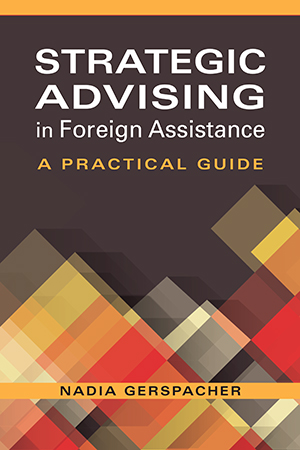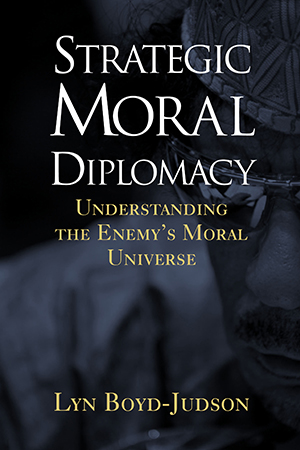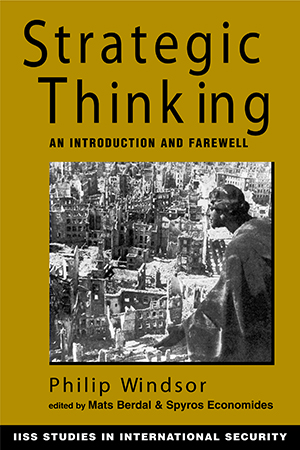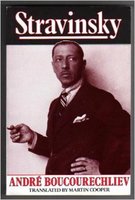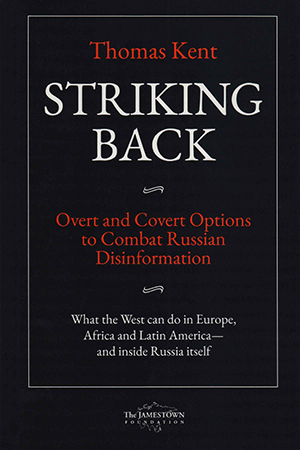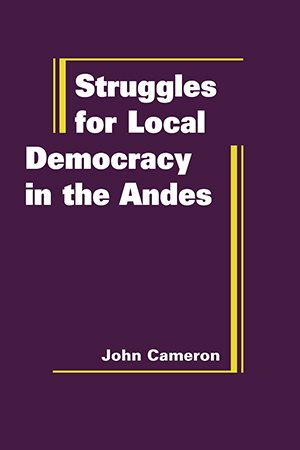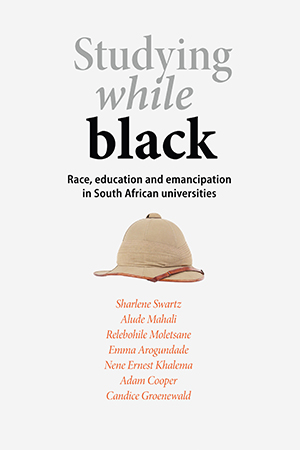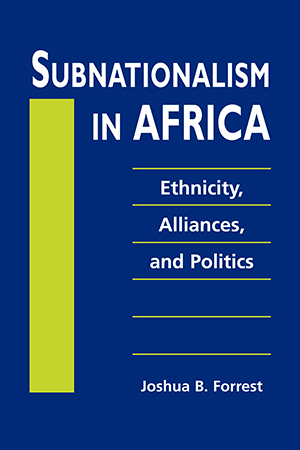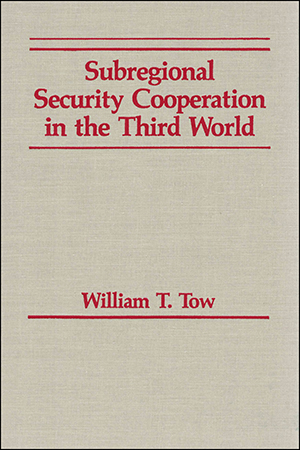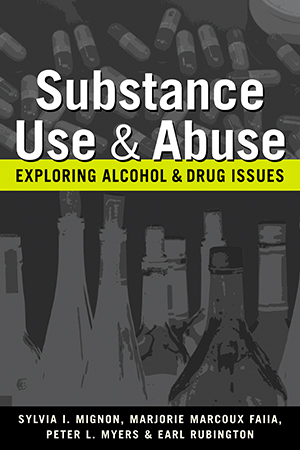BOOKS
Though advisers to host governments have become an integral part of foreign-assistance efforts in the realms of both development and peace processes, there has been scant information on how More >
Is it possible for nations to negotiate in the context of seemingly incompatible moral values? Lyn Boyd-Judson answers yes—and argues that it can be strategically useful, as well as More >
In this, his final book, Philip Windsor explores the emergence, meaning, and significance of the Cold War mentality. Tracing the evolution of strategic thinking from its origins in medieval More >
Thoroughly documented and consistently original, Boucourechliev's text is an indispensable source for understanding and appreciating Igor Stravinsky's work. More >
Energizing the debate on how best to expose and deal with Russian propaganda and disinformation, Thomas Kent goes beyond suggesting simple defensive measures. Kent not only calls for more More >
John Cameron draws on power-based approaches to the study of democratization as he thoughtfully explores efforts by indigenous and peasant groups to gain control of local governments and More >
An intimate portrait of the university experiences of a diverse sample of South African students, Studying While Black highlights the centrality of both race and geography in the quest for More >
The trend toward subnationalist autonomy—and away from the development of singular, state-centric political systems based on the Western model—is one of the most striking More >
Within the past decade, traditional regional security organizations formed during the Cold War have gradually been supplanted by more indigenous groupings designed specifically to address More >
In this comprehensive introduction to the study of substance use and abuse, the authors explore both the personal and the societal consequences of alcohol and drug problems. A series of More >



